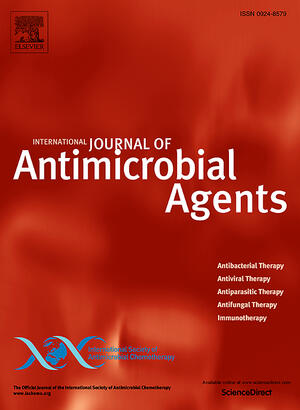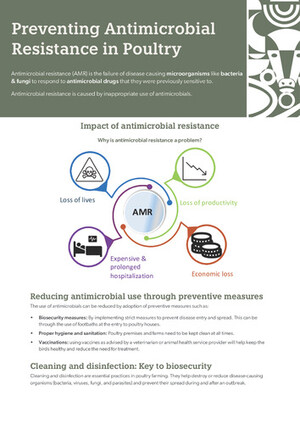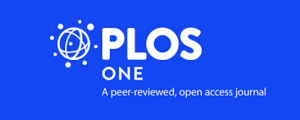
Field researcher guide: Gender-responsive study of phage adoption opportunities for chicken keepers in Kenya
Abstract
The objective of this research activity is to assess the feasibility of adoption of bacteriophage (phage) technology by chicken keepers in backyard and commercial production systems in Kenya and to identify opportunities and barriers to adoption that may vary by gender. Phages are parasitic viruses that can be used to attack bacteria that cause illness in poultry and people, in this case, Salmonella strains that cause salmonellosis, fowl typhoid, and pullorum disease in chickens and diarrhoeal diseases in people. Current methods of controlling Salmonella infections in poultry farms, either for therapeutic or prevention, include the use of antibiotics, and antimicrobial resistance (AMR) is a growing concern.
By conducting this research alongside the technical development of the bacteriophage product, we improve the likelihood that the final product will be accessible to women chicken keepers and chicken keepers with smaller flocks, groups that often have less access to veterinary services and inputs. We will use focus group discussions (FGDs) of chicken keepers to map relevant disease problems, existing solutions, and preferences for delivery systems for veterinary products qualitative activity guided by the social lean canvas template (Moscovitz 2021) (Resources 4.1). We will also conduct key informant interviews (KIIs) with chicken keepers, animal health workers, and agroveterinary (agrovet) shops that sell veterinary inputs.
Citation
Campbell, Z. and Njiru, N. 2022. Field researcher guide: Gender-responsive study of phage adoption opportunities for chicken keepers in Kenya. ILRI Manual 60. Nairobi, Kenya: ILRI.










